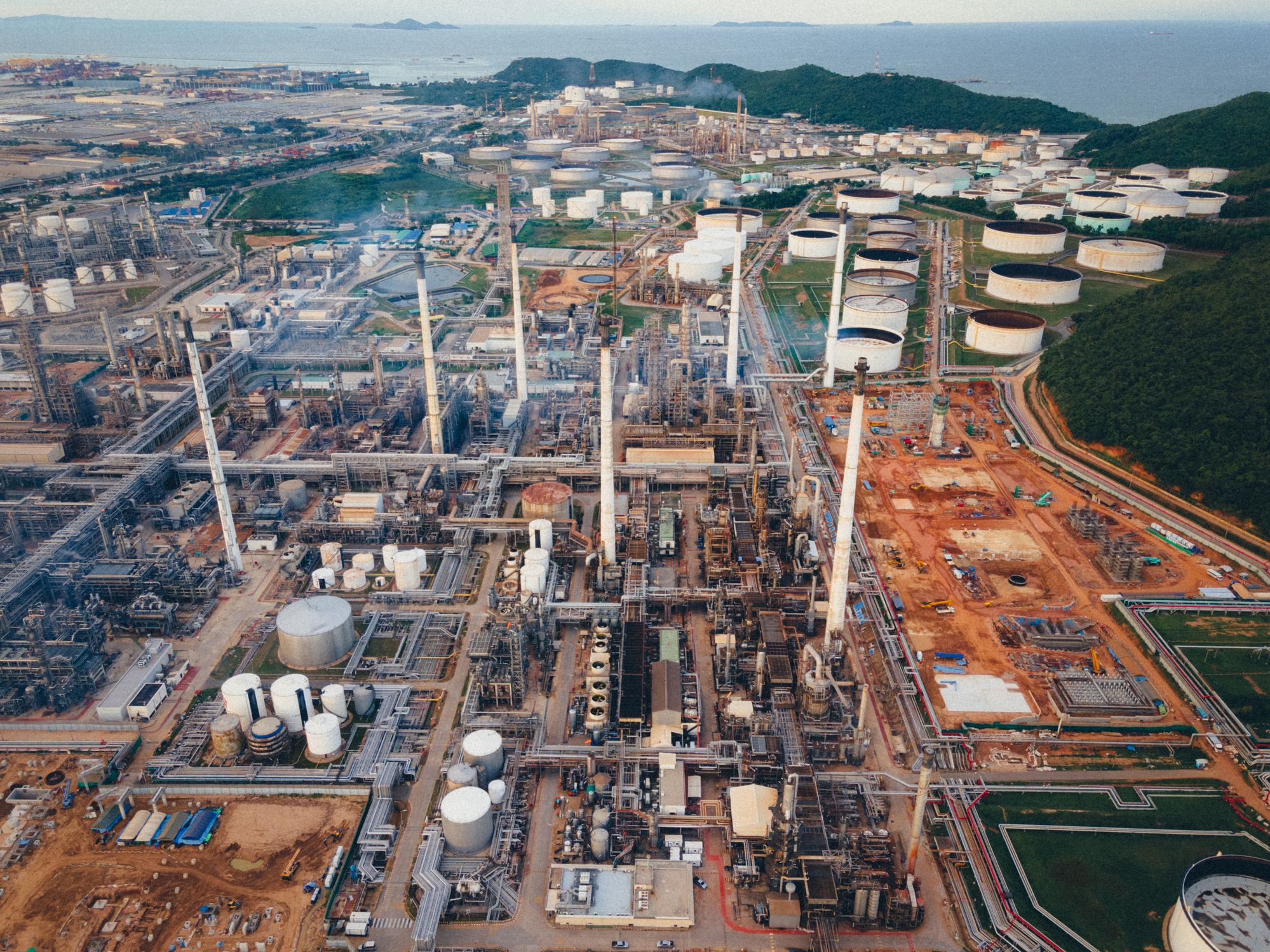China on Tuesday set more stringent energy intensity targets for 2024 after missing last year’s goal, as the world’s biggest energy consumer tries to keep from falling further behind on its climate targets in a five-year plan ending in 2025.
China is aiming to cut its energy intensity, or the amount of energy used per unit of economic growth, by 2.5% in 2024, higher than last year’s missed 2% goal, the National Development and Reform Commission (NDRC) said in a report released at the opening of the annual National People’s Congress.
China reported last week that its energy intensity fell just 0.5% in 2023. It also missed last year’s target to cut carbon emissions per unit of GDP.
The world’s biggest carbon polluter’s desire to cut emissions and energy consumption is often at odds with the need to boost economic growth and living standards.
“Due to the rapid growth of industrial and civilian energy consumption, reductions in energy and carbon intensity … fell short of expectations,” the NDRC said in the report on Tuesday.
Primary energy production last year amounted to 4.83 billion metric tons of standard coal, 4.2% higher than 2022, the National Bureau of Statistics said last week.
Energy use per unit of economic growth fell 2% between 2020 and 2023, leaving China way behind on its five-year plan target of a 13.5% cut for the 2021-2025 period, according to research by two energy think-tanks last month.
China would need to cut energy intensity by 6% and carbon intensity by 7% in both 2024 and 2025 in order to meet its targets, the Helsinki-based Centre for Research on Energy and Clean Air and the U.S. group Global Energy Monitor said.
In its report, the NDRC vowed to “redouble efforts” to cut emissions and boost energy efficiency this year. It will also “refine” its carbon pricing mechanisms and expand the coverage of its emissions trading scheme to more sectors. The scheme currently covers only coal power.
The government will also set up a national platform of research into clean energy and storage, expanding the nation’s strength in the new energy vehicle sector as well as developing hydrogen power.
It also pledged to continue the “robust, safe, and orderly development” of nuclear power and build more offshore reactor units where conditions were appropriate.
But despite falling short on climate targets, it also said it would continue to promote the “supporting” role of coal power in its energy system. It said it would also further develop its “advanced” coal reserves and continue building strategic coal-to-liquids and coal-to-gas bases.
The government also reiterated its pledge to step up the exploration and production of oil, natural gas and strategic minerals to ensure energy and resource security.
It also called for accelerating reforms of energy pricing including for the pipeline transportation of refined petroleum products.
(Inputs from Reuters)














